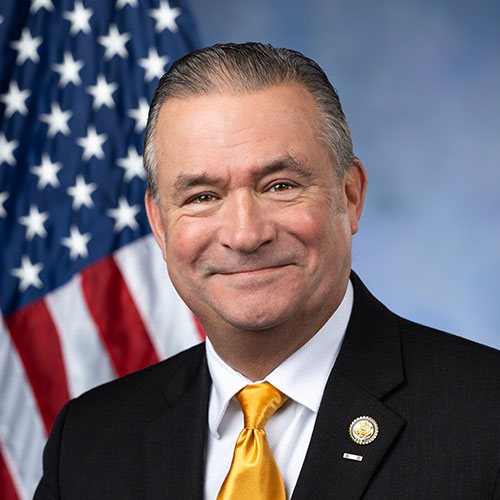Press Releases
Bacon Sends Letter to Officials Expressing Concern Over Delay of Federal Education Funding for 2025-2026
Washington,
July 18, 2025
Bacon Sends Letter to Officials Expressing Concern Over Delay of Federal Education Funding for 2025-2026 Washington – Rep. Don Bacon recently sent a letter to the Director of the Office of Management and Budget (OMB), Russell Vought, urging the release of federal funds already appropriated by Congress and issued by the U.S. Department of Education (ED) for federal formula grants. On June 30, OMB notified the Nebraska Department of Education (NDE) that these funds remain under review. Yet, they are typically made available on or around July 1. Local school districts and educational service units (ESU’s) have already incorporated these essential resources into staffing plans and contractual obligations for the upcoming school year budget. Rep. Bacon states in the letter, “Schools across Nebraska made hiring decisions this spring based on projected allocations and are finalizing budgets for the 2025-2026 academic year, which begins in a matter of weeks. Delays in these awards place them in the impossible position of revisiting hiring and programming decisions with little time to adjust—decisions that are foundational to academic success and student support.” Every public school district and the majority of nonpublic schools in Nebraska are touched by the nearly $40 million in frozen federal funding. “For example, if the grant funding is not released, Millard Public Schools in Omaha would face an unexpected burden of nearly $900,000—costs that would fall to local taxpayers due to the timing and contractual obligations already in place. This instability jeopardizes the continuity of services and, ultimately, student outcomes,” Rep. Bacon also noted in the letter. The funding affects the following programs: Title II-A (Supporting Effective Instruction), Title III-A (English Language Acquisition State Grants), Title IVA and IV-B (Student Support and Academic Enrichment Program; 21st Century Community Learning Centers), and the Adult Education and Family Literacy Act (AEFLA). The text of the full letter can be read here. ### |
